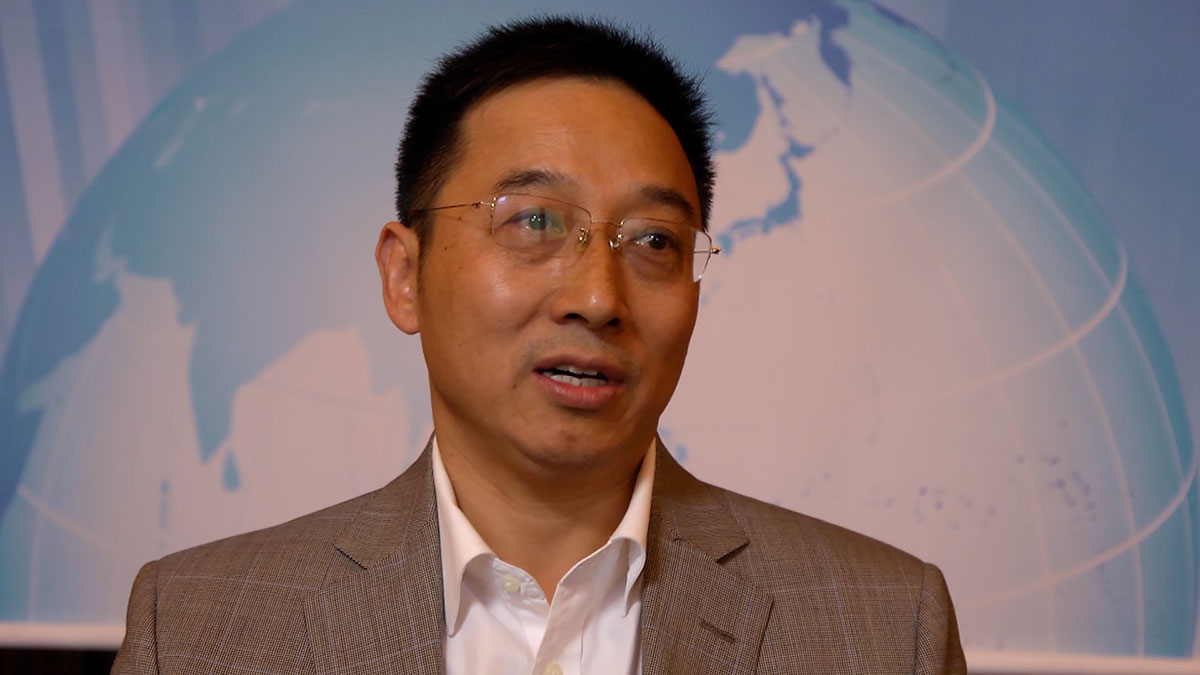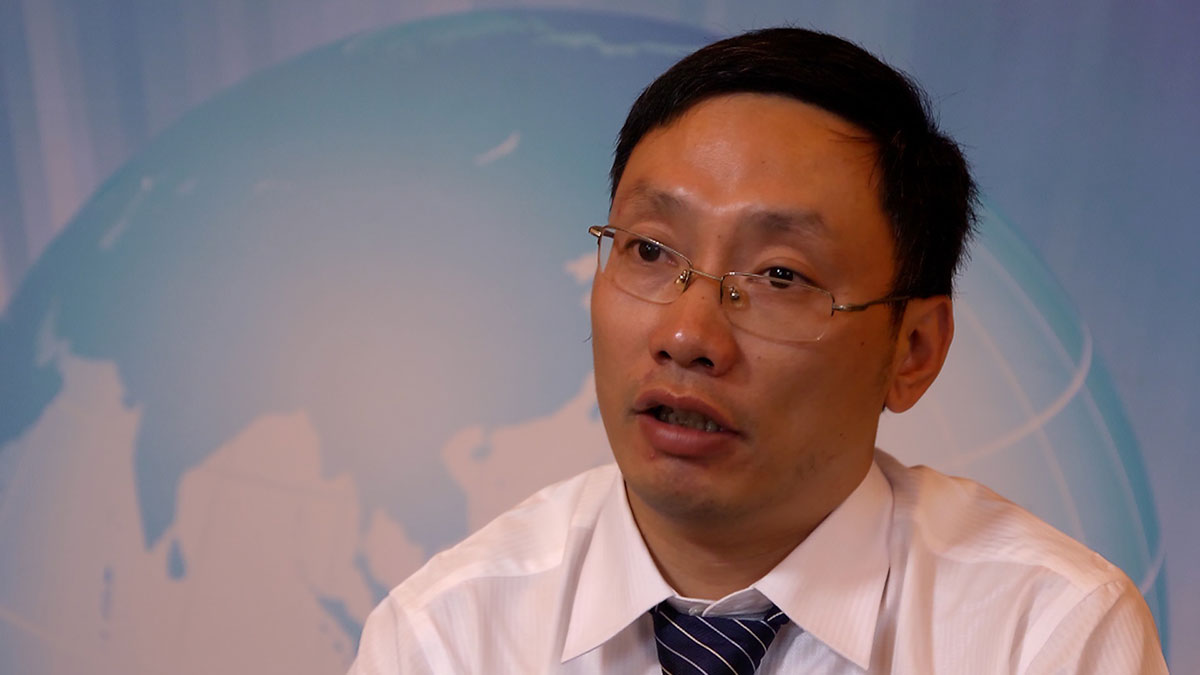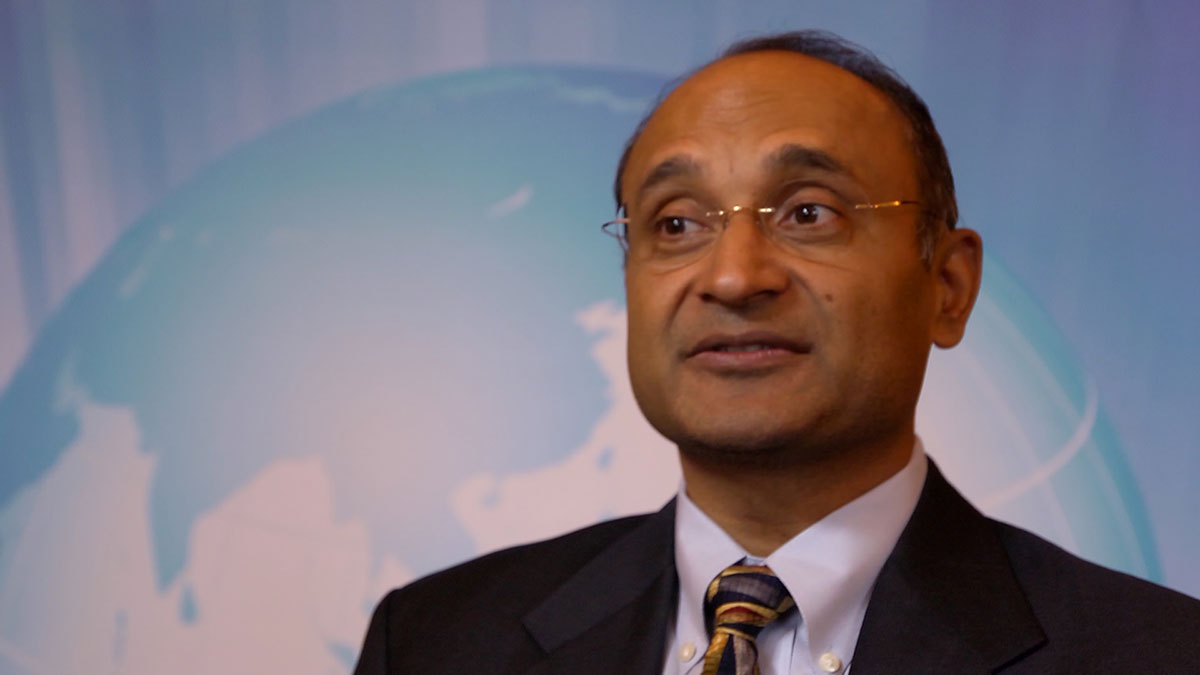| 8:15–9:00 | Registration of Participant |
| 9:00–10:00 | Opening Remarks and Keynote Address by Representatives from the Government of the People’s Republic of China, the State Grid Corporation of China, and the Asian Development Bank
- Mr. Shi Lishan, Deputy Director General, Department of New and Renewable Energy NDRC, National Energy Administration, NDRC
- Mr. Li Junfeng, Director General, National Center for Climate Change, NDRC
- Mr. Ayumi Konishi, Director General, East Asia Department, Asian Development Bank
- Mr. Shen Jiang, Director General, Science and Technology Department, State Grid Corporation of China
|
| 10:00–10:30 | Introduction to the Grid Integration of Wind Power Workshop
Mr. Pradeep Perera, Principal Energy Specialist, Asian Development Bank
Introduction to the Workshop
Key Messages from Beijing Workshop
Goals of the workshop
Wind power myths debunked (Nature of wind energy, issues related to integration, bring everyone to think about what are the real issues) |
| 10:30-10:45 | Coffee/Tea Break |
| 10:45–12:15 | Session 1: Strategic and Policy Issues Affecting Scale up of Wind Power Development
Session Chair: Mr. Ashok Bhargava, Director, Energy Division, Asian Development Bank
Participants:
- Mr. Wang Weisheng, National Wind Research and Testing Center
- Mr. Sanjay Garg, General Manager, Ministry of Power in India
- Mr. Geoff James, Senior Scientist, CISIRO Australia
- Mr. Pramod Jain, Senior Consultant, USA
Panel Discussion with the participation of several key experts from Asian countries including the PRC on Strategic and Policy Issues Confronting Wind Power Integration
Each participant will provide a brief introduction on the status of wind power integration in their country and the key issues they are facing at present (10 minutes each)
The panelist discusses how these issues are expected to be resolved and the strategic approach of the government and the industry to overcome them |
| 12:15-1:00 | Lunch |
| 1:00–3:00 | Session 2: Issues and Challenges in Having Significant Share (over 10%) of Electricity Generation from Wind Power
Session Chair: Mr. Aiming Zhou, Senior Energy Specialist, Asian Development Bank
Long-term System-Wide Analysis of Maximum Amount of Wind Energy in a Grid
Mr. Nick Miller, GE Energy Management
- Analyzing the ability of an electrical network to absorb variable sources of energy (wind energy)
- Tools and methodologies used to determine the amount of RE penetration in the grid?
- What does it take to increase the amount of variable source on the grid?
- Economics of increasing variable generation
- Managing variable generation with hydro, gas plants
Chinese Experiences and Challenges of Integrating Large-Scale Wind Power to Power System
Dr. Bai Jianhua, Deputy Chief Economist, State Grid Energy Research Institute
- Current state of wind power development in the PRC (Capacity Distribution)
- Key issues on wind power absorption
- Long-term planning of wind power development
- Solutions for wind power absorption (relationship between wind power curtailment and installed capacity, wind power transmission planning
based on UHV, etc.)
|
| 3:00–3:30 | Coffee/Tea Break |
| 3:30–5:00 | Grid Code for Integrating Wind Power to Grid
Session Chair: Mr. Zhang Lei, Energy Specialist, Asian Development Bank
Grid Code Requirements and Best Practices
Mr. Nick Miller, GE Energy Management
- Different components of grid code: LVRT, voltage & frequency characteristics, harmonics, exchange of data between SCADA and dispatch
center, others
- Review of the Danish grid code and how it provides balancing generation capacity for wind integration
- Customizing grid code to a country’s grid capabilities and realities
- The different types of wind generators and their electrical characteristics
- Measuring compliance with grid code
Chinese Experiences in the Development of Grid Code and Guidelines for Wind Power Interconnection
Dr. Chi Yongning, China Electric Power Research Institute
- Chinese technical standards for wind power grid integration
Active power control and reactive power control
Low voltage fault ride through capability
Voltage and frequency requirements
Harmonics
- Shortcomings of PRC’s existing grid code and proposed improvements
|
| 5:00-7:00 | Dinner |






